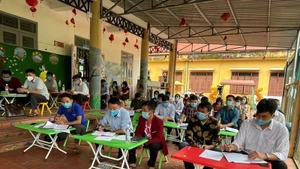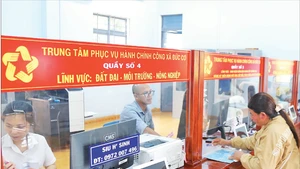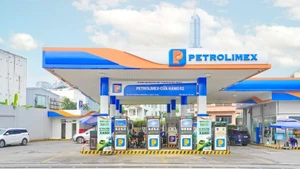The PM made the request on October 3 while chairing a teleconference with ministries, sectors and 12 localities to review recovery efforts following the devastating impact of Typhoon Bualoi, and to prepare for the arrival of Typhoon Matmo.
According to the Ministry of Agriculture and Environment, as of the morning of October 3, the disaster had resulted in 52 fatalities and 14 missing persons. Over 349 houses collapsed, and 172,104 were damaged or had roofs blown off. Nearly 89,000 hectares of rice paddies and crops were inundated, along with significant losses in livestock and aquaculture. The estimated economic damage in affected provinces is approximately 15.9 trillion VND (602.7 million USD).
On October 2, the PM decided to allocate 2.52 trillion VND from the 2025 central budget reserve to support 15 affected localities. This funding aims to assist people’s livelihoods, repair dyke systems, reservoirs, disaster prevention works, essential infrastructure, and to stabilise populations in urgent disaster-affected areas due to Typhoon Bualoi and other natural disasters since early 2025.
Pointing out lessons in natural disaster prevention and control, PM Chinh emphasised that protecting human life must be the paramount priority. He stressed the need for rigorous disaster preparedness, early and accurate forecasts, and the mobilisation of local “four on-the-spot” forces — including command, logistics, manpower, and materials — to ensure timely response and relief.
The government leader acknowledged that many losses were due to shortcomings in leadership and preparedness, and inadequate infrastructure, particularly in mountainous, delta, coastal and island regions.
He requested ministries, sectors and localities to implement directions, rapidly stabilising living conditions and providing dignified funerals for the deceased, continuing search efforts for missing persons, and caring for the injured.
Along with providing support in shelters and food for affected communities, the PM asked for the reconstruction of 350 destroyed homes by December 15, and repairs to over 172,000 damaged houses by the end of October.
A focus must be placed on restoring schools and healthcare facilities by October 15 to enable children’s return to education and access to medical care, he directed, underlining the need for coordinated repair of critical infrastructure such as electricity, water, and telecommunications, alongside support for agricultural recovery and local businesses.
The Government leader called for solidarity among people, businesses, and organisations to assist those in need to overcome difficulties together.
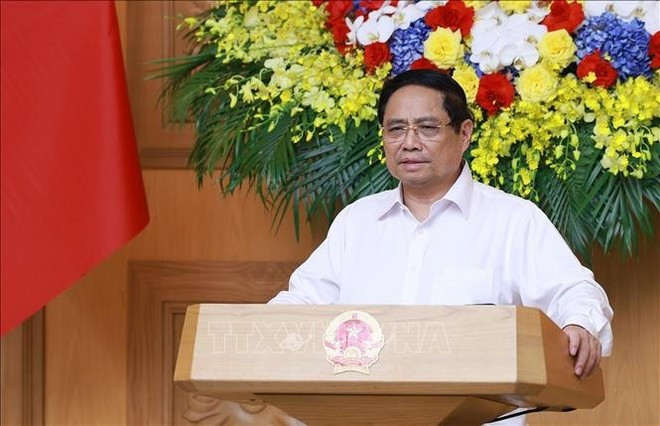
In the long run, the PM directed a comprehensive review and upgrade of standards for infrastructure design and operation, particularly for power, water, transport, dykes, and irrigation systems, to improve resilience in the face of climate change. This includes revising population planning and urban drainage systems, especially in flood-prone areas, including Ha Noi.
The “four on-the-spot” principle is to be adapted to the current two-tier local administration system, with emphasis on stockpiling essential supplies such as food, clean water, and medicine at the commune level for emergency deployment.
PM Chinh also urged enhanced public awareness and preparedness for storms, alongside swift action to respond to Typhoon Matmo, the 11th storm is entering in the East Sea/ South China Sea so far this year.
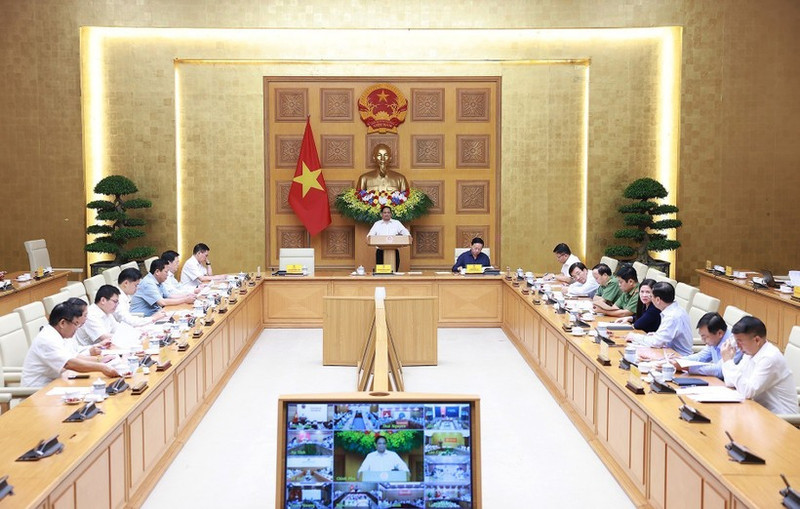



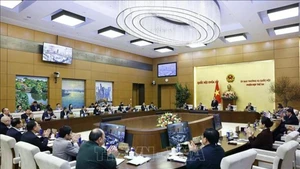
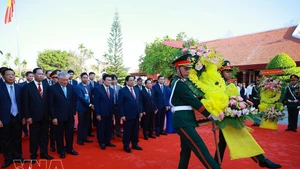
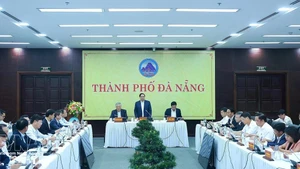
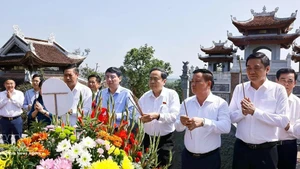
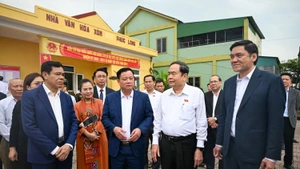

![[Photos] Party General Secretary presents title “Hero of the People’s Armed Forces” to the Navy](https://en-cdn.nhandan.vn/images/5992a12dd6e78b9bfb434962ff1830731c3ef6c1538d722fbb2593b0fa31ecfe38d01cdaaaab03a54304ad015b6d4ff5bdeadcaf72af28ae748ff126afbb566c/280226-tbt-6.jpg.webp)

